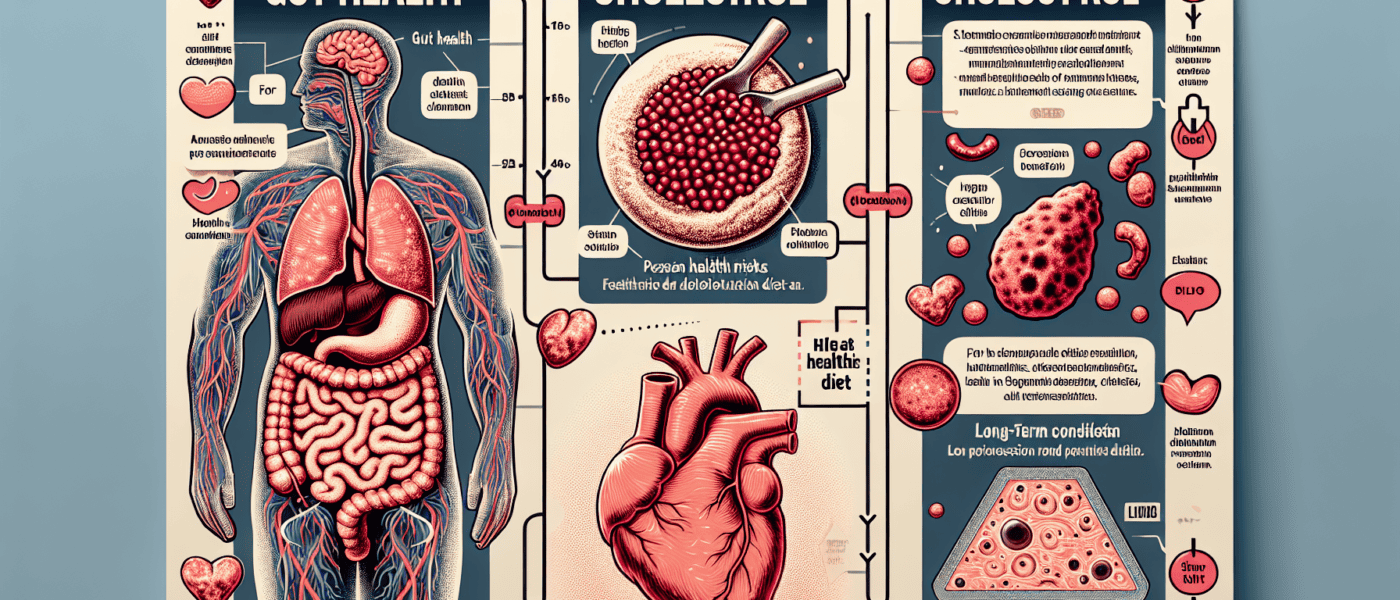Potential Health Risks of the Ketogenic Diet: Gut Health, Cholesterol, and Long-term Considerations
The Impact of the Ketogenic Diet: Weighing the Pros and Cons
Findings on Gut Health and Cholesterol
A recent study has illuminated some significant health consequences associated with the ketogenic diet. Known for its low carbohydrate and high fat intake, the ketogenic diet may indeed help individuals lose weight effectively. However, it comes with several potential drawbacks. The research indicates that the diet leads to a reduction in beneficial gut bacteria, specifically *Bifidobacterium*, which are crucial for producing B vitamins and supporting immune function. This decline in gut health could have long-term negative effects on overall wellness.
Moreover, the study highlighted a concerning rise in cholesterol levels among participants on the ketogenic diet. Participants showed a significant increase in LDL cholesterol, also known as ‘bad’ cholesterol, which is linked to higher cardiovascular risks. In addition to elevated LDL cholesterol, levels of apolipoprotein B were also higher. Apolipoprotein B is a protein that can clog arteries and increase the likelihood of heart-related events, thereby compounding the cardiovascular risks.
Weight Loss vs. Health Risks
Despite these negative impacts, the ketogenic diet touted impressive results in terms of fat loss. On average, participants lost 1.6 kg of fat within just one month, which is a notable achievement. This striking difference in weight loss could make the ketogenic diet seem attractive for those looking to shed pounds quickly. The diet achieves its effects by drastically reducing carbohydrate intake and increasing fat consumption from sources such as meat, dairy, and avocados.
The research was conducted through a randomized controlled trial involving 53 non-obese adults. Participants were assigned to follow either a ketogenic diet, a low-sugar diet, or a moderate diet. This methodology ensured that any changes in health metrics could be directly linked to the specific dietary patterns being tested. Interestingly, another health implication observed was a reduction in glucose tolerance among those on the ketogenic diet. This decrease in glucose tolerance could make it challenging for the body to handle carbohydrates effectively, potentially leading to insulin resistance over time.
Long-term Considerations and Recommendations
The findings from this study suggest that long-term adherence to a ketogenic diet could pose significant health risks, including the likelihood of developing heart disease and stroke. While short-term weight loss benefits are evident, the trade-offs in terms of gut health and cardiovascular risk are substantial. The decrease in beneficial gut bacteria and the increase in harmful cholesterol markers underscore the need for caution when considering this diet as a long-term lifestyle change.
In light of these findings, researchers urge individuals to weigh the pros and cons of the ketogenic diet carefully. While its effectiveness in promoting fat loss is undeniable, its potential to negatively affect gut health and elevate cholesterol levels cannot be overlooked. As such, the ketogenic diet may not be suitable for everyone, and those considering it should consult healthcare professionals to ensure it aligns with their overall health goals and conditions.
